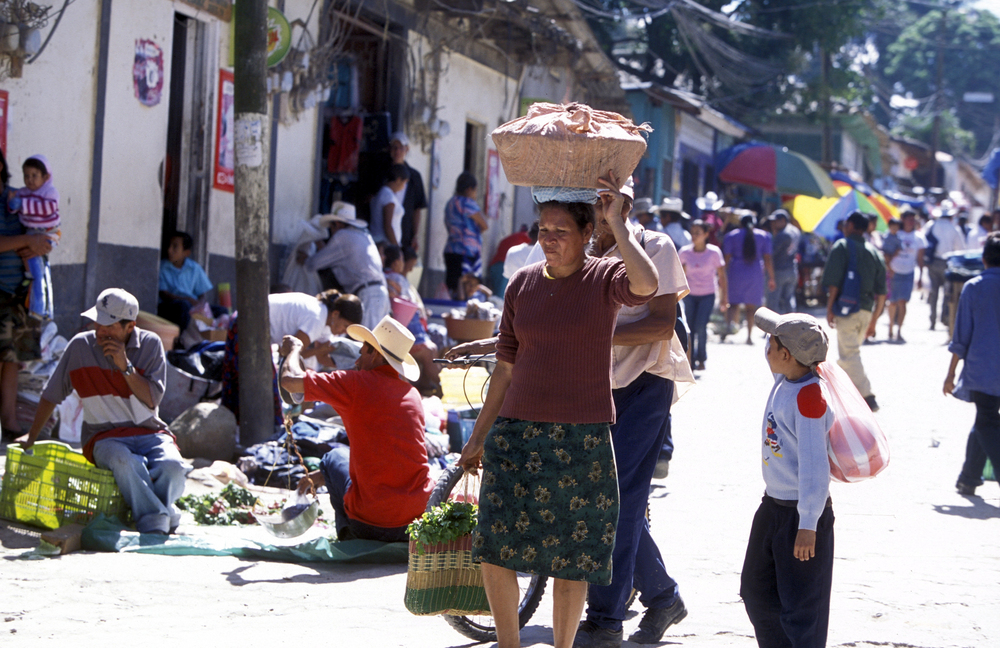A recent study published in Frontiers in Psychiatry links adverse childhood experiences (ACEs) with significant mental health struggles, diminished flourishing, and poorer self-reported health among adults in Honduras.
The research, led by Miguel Landa-Blanco of the National Autonomous University of Honduras, paints a stark picture of the long-term consequences of ACEs, while challenging dominant biomedical approaches to psychiatry.
The study finds ACEs associated with increased levels of depression, anxiety, somatization, sexual risk behaviors, and alcohol consumption in adulthood. However, the impact of ACEs on flourishing and self-reported health was less pronounced. The researchers emphasize how societal factors—ranging from family dynamics to structural inequalities—shape these outcomes.
“Our findings suggest that ACEs are highly prevalent among the Honduran sample. The most prevalent ACEs included physical abuse, parental separation/divorce, living with someone with alcohol problems, and emotional abuse,” the authors note.
“The findings underscore a significant association between ACEs and various mental health indicators, with reported ACEs inversely related to flourishing and self-reported health and positively associated with depression, anxiety, somatization, sexual risk behaviors, and alcohol use.”
This research adds to a growing body of evidence globally linking ACEs to psychological and physical health struggles, raising questions about how mental health professionals conceptualize resilience, agency, and well-being.
















Nice piece. I like the message and well said.
Report comment
What do we mean by the ‘social costs’ of childhood trauma? Who is society? Us. Society is a word for our collective living existence. Who is traumatised? Us. Trauma is the effect of this collective living existence including with that which we have created and mass produced and accumulated through time, and this is true so don’t throw away people.
The ideological separation of our life from society is a conceptual alienation of our life from ourselves. We are alienated from our lives in order to prevent freedom. And the costs to the system of it’s own errors and violence is a cost only to ourselves.
Report comment